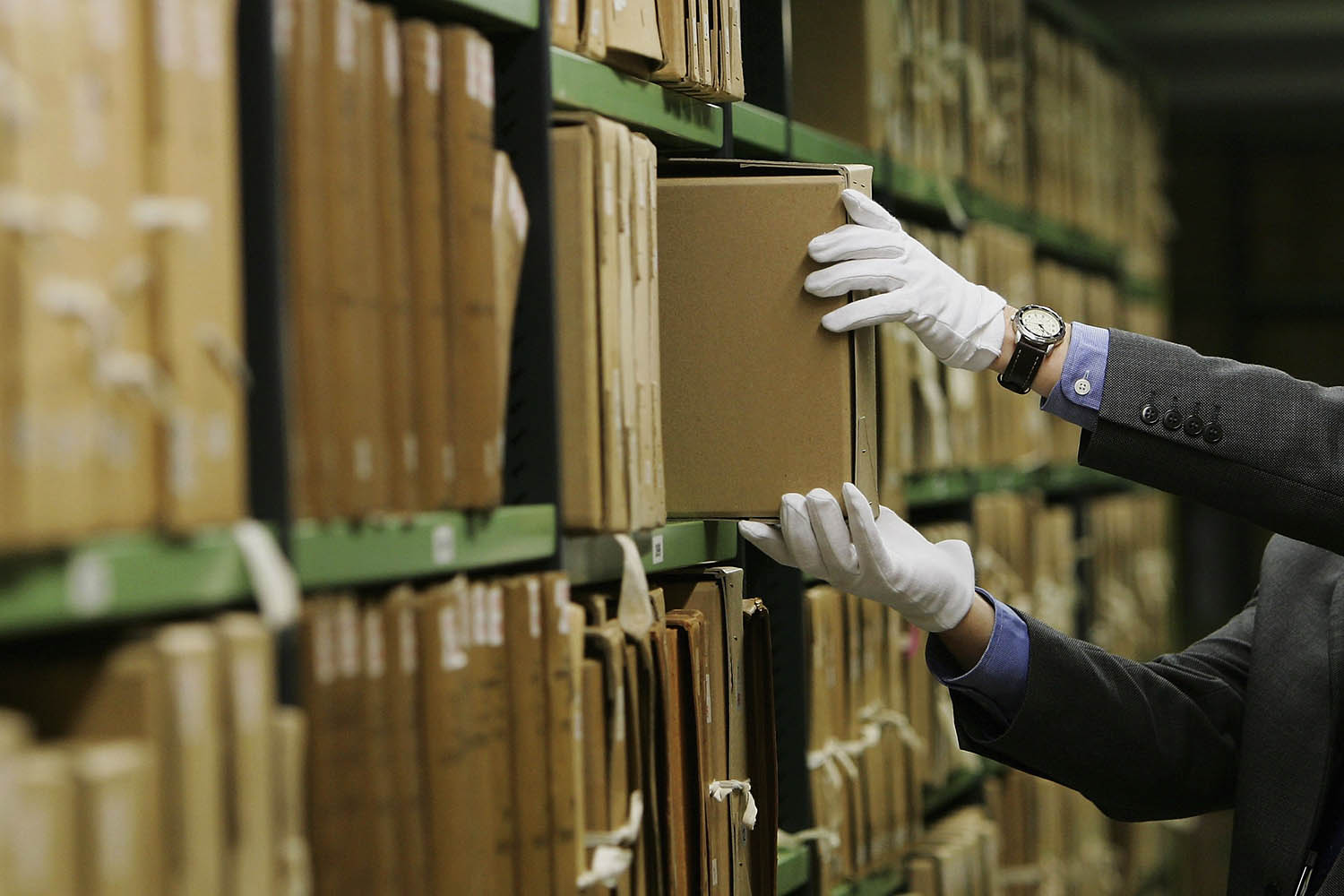Earlier this year, the bestselling author Kate Summerscale was invited by The National Archives to give a talk about her latest book.
Bosses at the national depository for public records seemed thrilled that Summerscale had made extensive use of their files on the notorious case of the 1940s and 1950s serial murderer John Reginald Halliday Christie in her true crime story, The Peepshow: the Murders at 10 Rillington Place. She was happy to recount how she had used the archive files to reconstruct a gripping tale of stranglings, media frenzy and a miscarriage of justice that played an important part in Britain abolishing the death penalty for murder. But, a couple of months after her talk, Summerscale was alarmed to discover that some of the key files she used in her research have now been closed.
Officials have placed a large tranche of the documents under indefinite review, while other previously available files have been closed either because they were said to contain “personal” information or, under an exemption in Section 38 of the Freedom of Information Act (FoIA), material that could damage the mental or physical health of unidentified persons. “I’m certainly very surprised and disconcerted,” Summerscale said.
Archivist and author Jonathan Oates, who was researching a new book on Christie and the murders, also discovered that files he had used for an earlier book on the saga in 2013, as well as those used by Summerscale, were no longer available. Researchers and academics have warned in recent months that files once open to the public – some for years – are being reclosed by officials.
Dr Alison McClean, a researcher at the Centre for Academic Language and Development at Bristol University, has urged The National Archives to change its increasingly restrictive policies on disclosure of public records.
‘It’s an important part of our legal and social history … It’s incredibly important that we have access to these files’
‘It’s an important part of our legal and social history … It’s incredibly important that we have access to these files’
Kate Summerscale, author
“One of the more invidious aspects of The National Archives’ reclosure policy is that it deprives researchers of access to historical public records that have been readily available to and cited by their predecessors,” McClean said. “Before removing records from public access, The National Archives should consider how these records have already been used, particularly in published works.”
McClean said files relating to the case of Kempton Bunton, who was convicted of stealing a portrait of the Duke of Wellington from The National Gallery in 1961, were abruptly reclosed after his story featured in a hit 2020 film, The Duke, starring Jim Broadbent and Helen Mirren.
Another author, Sean O’Connor, a film producer, writer and director who has written books on murder cases, said he had struggled with officials at Kew and elsewhere denying him access to archived files that had previously been available.
In March, the Foreign Office cited the risk of damage to mental health, along with national security, law enforcement and protection of sensitive personal information, to refuse to confirm or deny to the biographer Andrew Lownie whether it held records on Prince Andrew’s private trip to Kazakhstan in May 2008, when he was hosted by the oligarch who had bought his Sunninghill Park home for £15m. Summerscale said she understood there were sensitivities over postmortem images and graphic reports in some of the files, but could not understand why a small number could not be separated out and redacted if necessary. She was frustrated by the blanket closures and the use of Section 38 when there was apparently no evidence that anyone who knew the victims had been upset by their publication.
A spokeswoman for the National Archives said files were placed under review when staff became aware they contained information that might be exempt. She added that the policy was currently being reviewed: “We expect to publish our refreshed reclosure policy later this year.”
Newsletters
Choose the newsletters you want to receive
View more
For information about how The Observer protects your data, read our Privacy Policy
Christie, known as Reg to his family, killed at least eight people at Rillington Place in Notting Hill, west London, but his neighbour Timothy Evans was wrongly hanged in 1950 for the murder of one of them, his infant daughter Geraldine Evans. The miscarriage of justice ultimately helped to end capital punishment for murder in Great Britain in 1969.
“It’s an important part of our legal and social history,” Summerscale said. “It’s historically really very significant. It’s incredibly important that we have access to these files.”
Photograph by Scott Barbour/Getty Images
